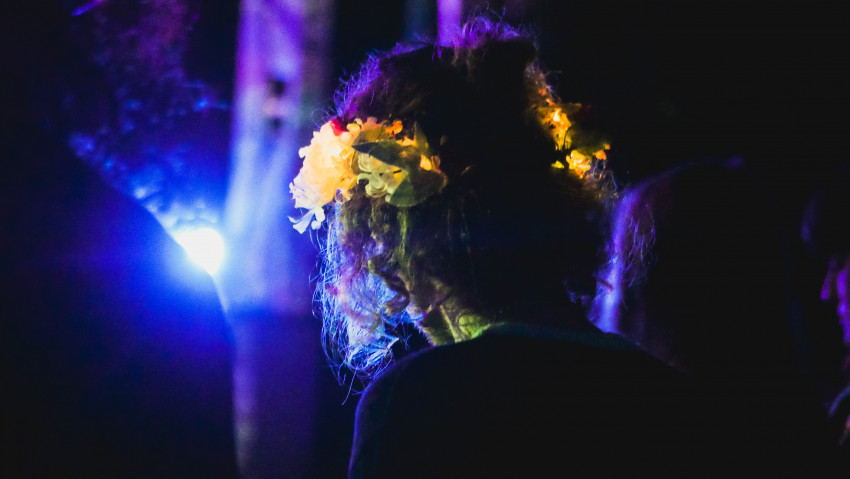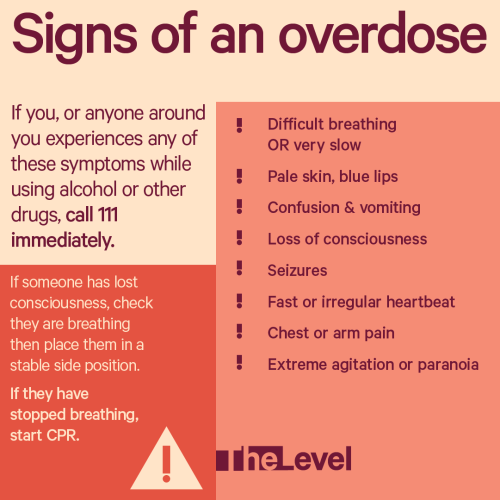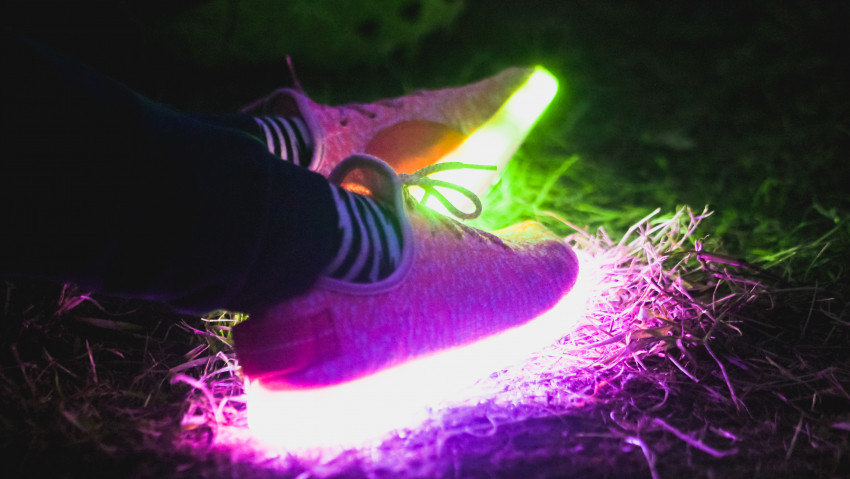
If you’re thinking about taking drugs at a party, festival or gig, we’ve got tips to keep you safer before, during and after.
Before
Research
Having a plan can help you be safer, whether or not you’ve taken the drug before. Here are some things to think about.
- How will this drug affect me?
- How long will the effects last?
- How might I feel when the effects wear off?
Head to our Drug Info page for more.
It’s a good idea to think about dosage (how much you take). If you’ve taken a break from using that drug, or you haven’t used it before, you may have a lower tolerance. This means the drug may affect you more. Start with a smaller amount and wait an hour to feel the effects before taking more.
Check High Alert for updates on risky drugs that may be circulating.
Check
Your drugs could be something different to what they're sold as, or be mixed with other things. Drug checking can help you find out what's really in your drugs.
Some events might have drug checking available, but if you can, head to a drug checking clinic before the event. We've got a calendar of drug checking clinics on our website.
If you can't make it to a drug checking clinic, you can use reagent tests to check your drugs at home. Reagent tests are less reliable, but they are a good alternative when drug checking is not available.
Read our article about how to use reagent tests. These are sold at Cosmic and The Hempstore.
Plan
It can help to have a plan of what you’re taking and when. You can ask people you trust to help you stick to it. Have a think about:
- How much you’re going to use and how often
- Have you used this before? If so, how did you feel?
If you’re going out with mates, talk to each other about:
- Who will be around you when you drink or use drugs?
- If you will be drinking or taking drugs with other people, how much you’re planning to take
- How will you check in with each other and when?
- How will you support each other to get home safely?
If you’re taking drugs alone, you could ask someone to check in with you online, by text or by phone. If you’ll be at a festival, find out where the medic and safe space areas are in case things don’t go as planned.
Eat and drink
It can be easy to forget to eat and drink when you are drunk or high, but eating a meal and drinking plenty of water before you take drugs helps your body work better and can ease a comedown or hangover.
If you’ll be away at a festival, pack lots of easy-to-eat snacks to fuel your body.
During
Take things slow
Use a small amount and wait at least an hour to feel the effects before taking more. Mixing a substance into water, juice or soft drink and sipping it slowly can help you gauge the effects and stop when you reach the effect that you’re looking for.
Take care when mixing
Mixing drugs, including alcohol and medications, can increase the risk of having unpleasant experiences. It can be unpredictable and dangerous.
Tripsit can help you find out more about how drugs interact with each other.
Look out for your mates
You and your friends might be on a different buzz, but you’ll probably still have a better time if you stick together. Talk to each other about any changes to plans. Let each other know what you’ve taken.
It can help to have someone in your group stay sober and keep an eye on everyone.
Check in with each other if someone seems quiet, withdrawn, anxious, agitated, sick or otherwise a bit ‘off’. Some festivals have medic tents and chill spaces if you need help. You won’t get in trouble for using drugs if you go to the medic tent.
If you’re on your own and things start to go downhill, call someone you trust, head to a safe space or ask a security guard or event staff to help you.
Make a plan with your friends so they can respond quickly if something goes wrong, like an overdose or panic attack. If you’re worried about someone, take them to the medic ASAP and let the staff know what drugs your friend has taken. You won’t get in trouble – medics are there to help you stay safer.
Know what to do for overdoses
It could help save someone’s life. Look for:
- pale skin and/or blue lips
- difficult or very slow breathing
- vomiting
- confusion
- loss of consciousness (passing out or fainting)
- seizures
- fast or irregular heartbeat
- extreme agitation or paranoia.
This article has more info on signs of overdoses to watch out for.
If someone has lost consciousness, check they are breathing and place them in a stable position lying on their side. Call 111 and start CPR if they have stopped breathing.
Don’t leave them alone. Ask someone to find a medic or someone who can help.
If you know what drug(s) the person has taken, this is important information to tell medics or hospital staff so they can treat them quickly. You will not get in trouble for sharing this information.

After
Look after yourself and your friends
Comedowns or hangovers can leave you feeling rough. Ease the unpleasantness by:
- staying hydrated
- eating a meal
- sleeping as much as you need
- chatting to supportive people if you’re feeling down
Check in with your friends and see how they’re getting on.
Thinking about next time
Look back on the event and think about how things went.
- How did that drug or drink make you feel?
- Was your plan helpful?
- What went well? What would you change for next time?
If you’re worried the drug you took was not what you thought it was or could be dangerous, you can anonymously report this to High Alert.
